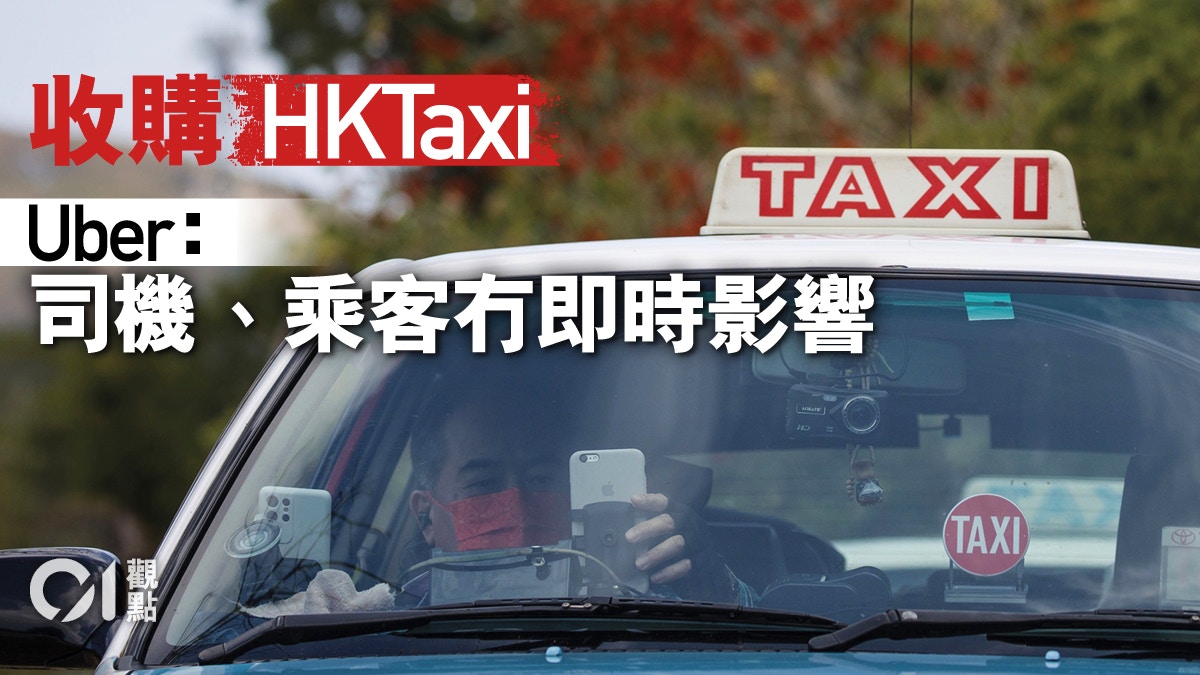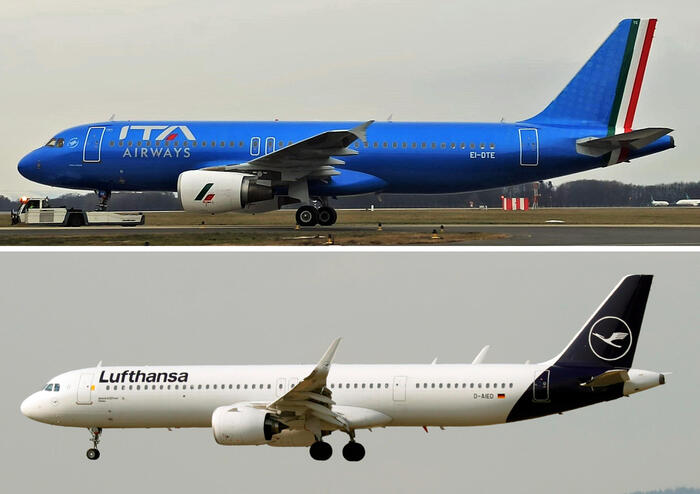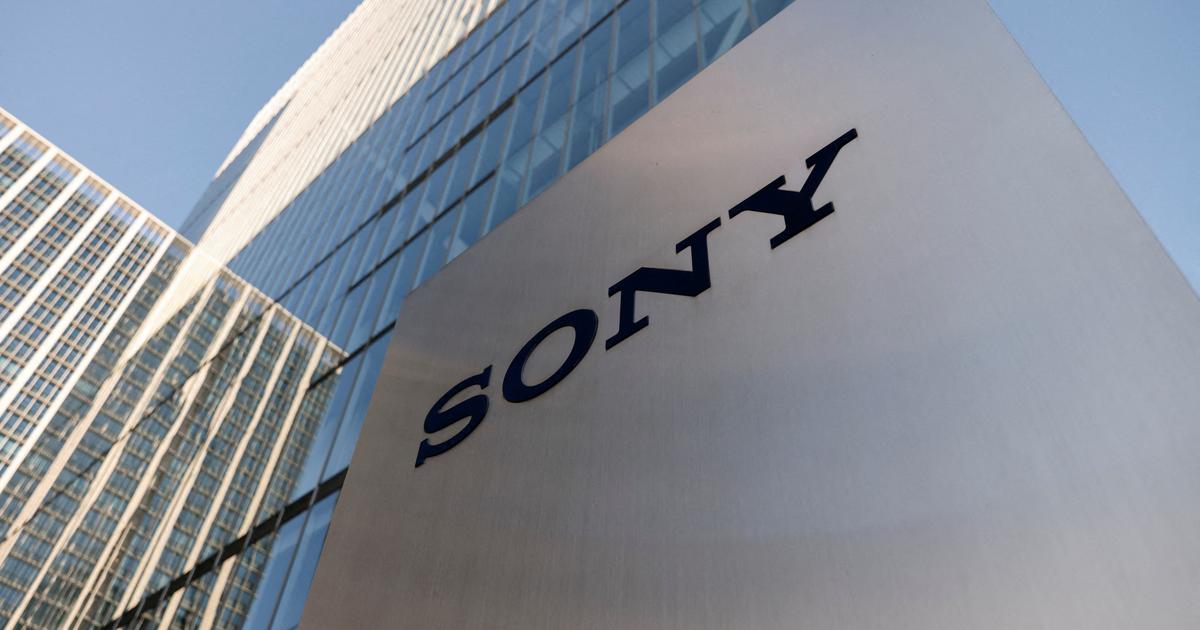On Friday (20th), the online ride-hailing platform Uber announced the full acquisition of Hong Kong’s online taxi-hailing platform HKTaxi.
The venture capital company that owns HKTaxi issued a press release stating that the cooperation will not have an "immediate" impact on drivers and passengers using the two platforms, that is, the two platforms will still operate independently.
However, online ride-hailing and taxis are competitors. Will the impact of the acquisition show in the medium to long term, such as weakening the competition between the two and deteriorating the service level of passengers?
HKTaxi's official website shows that there are about 30,000 taxi drivers using it, accounting for 70 to 80% of the number of active local drivers. The number of downloads of customer apps exceeds 1 million, which proves the wide coverage.
Therefore, the outside world believes that Uber's acquisition is to use the platform to control the taxi business, and to dominate the online car-hailing and taxi markets.
With regard to taxis, many people are dissatisfied with the poor service quality, believing that although online booking services are more expensive, they are of better quality, which will help the taxi industry feel pressure to improve services.
When the competition becomes fiercer, it may even further shake up the interests of car owners through the decline in the license price.
But now that Uber announced the acquisition of a competitor, passengers are naturally concerned about reducing competition.
Uber announced the acquisition of HKTaxi.
(Photo provided by Uber)
British example value reference
Such worries are not without purpose. Uber's similar acquisition experience in the UK is worthy of reference.
Uber’s acquisition of other rental car models is not Hong Kong’s first. The company acquired British taxi and private car rental operators Autocab and the program operators behind them last year.
This move caused an active investigation by the British Competition and Market Authority (CMA), and then approved the acquisition at the end of March this year.
The concerns raised by the bureau centered on the following two points: first, whether the two were direct competitors in the past; second, whether the acquisition would make Autocab users face a poorer treatment and force sharing of data with Uber.
The bureau ultimately judged that the acquisition would not weaken competition.
The two were not close rivals in the past, and when the taxi company felt that Uber would undermine their survival, they could choose other program operators.
Since May this year, Uber has successively added the Local Cab function to Uber programs in different cities in the UK, allowing users to call taxis, in other words, the original program is no longer used.
At present, almost every taxi's front is full of phones so that drivers can take orders in the app.
(Data Picture/Photo by Liang Pengwei)
Uber has passed the regulatory competition agency in the UK, but it does not mean that Hong Kong has also passed it. The relevant agencies must examine the potential impact of the acquisition on the interests of passengers.
For example, will Uber's acquisition in Hong Kong crowd out other online car-hailing apps and further acquire other apps, or use its power to increase taxi and private car driver fees, and the drivers will pass on the fees to the passengers, the Competition Commission and the Consumer Council Other statutory bodies should continue to follow up.
More fundamentally, Uber's online car-hailing business has not yet been legalized in Hong Kong, which limits the competition in the taxi business.
The School of Economics and Management of the University of Hong Kong suggested at the beginning of the year that the government could consider legalizing and selling special licenses to online car-hailing platforms, and transfer the revenue from the sale of licenses to taxi license holders to reduce policy resistance.
Of course, there is more than one option that can be considered. The question is whether the officials have the intention to break the stalemate.
Uber drivers in the UK finally ``equal rights'' Hong Kong labor rights to be protected The key to the coexistence of taxis and Uber lies in the ``de-exploitation'' of Hong Kong people's ride needs. Non-Uber lawsuits can resolve Uber's abandonment of relocation to Hong Kong. The government should do more to attract investment.








